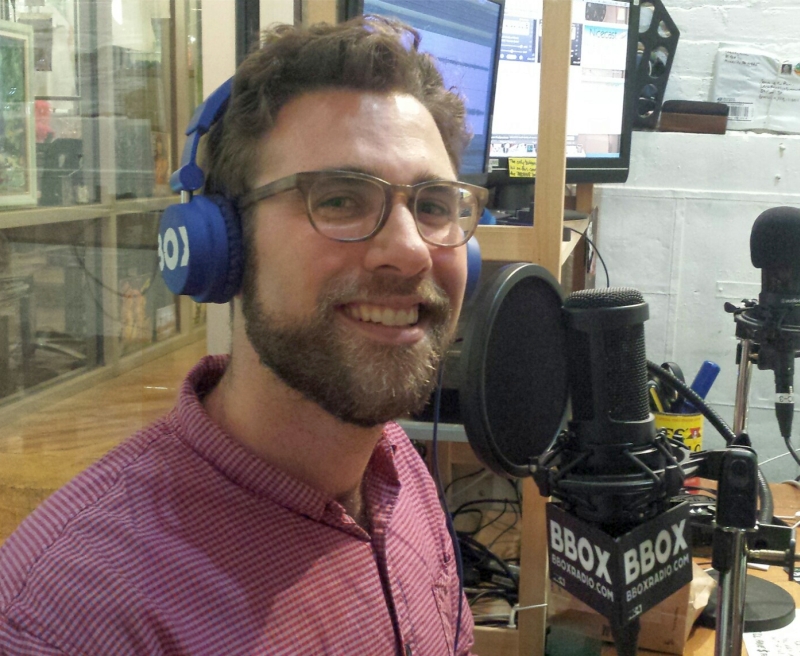“The rich run a global system that allows them to accumulate more wealth while leaving the majority struggling to survive.” – Naomi Klein
The government as we know it is dangling by a thread. The broligarchy has taken over and anointed a self proclaimed king. Here is a quote from the current occupant of the White House, and the dialog that ensued with MAGA MAN and the Governor of NY.
“CONGESTION PRICING IS DEAD. Manhattan, and all of New York, is SAVED. LONG LIVE THE KING!” DJ Trump
New York Governor Kathy Hochul responded by saying that President Trump’s gambit to kill congestion pricing is a direct federal “attack on New York sovereignty” by a self-proclaimed “king.” She further stated that “I’m here to say, New York hasn’t labored under a king in over 250 years, and we sure as hell are not going to start now. The streets of the city where battles were fought, we stood up to a king, and we won then. In case you don’t know New Yorkers, when we’re in a fight, we do not back down — not now, not ever.” “I’m governing the great state of New York. I don’t need to be play-wack-a-mole every time something crazy comes out of Washington,” she said. “But you came after New Yorkers, and now I have to step up on this issue.We are not subservient to a king or anyone else out of Washington,” she added. All I can say is bravo to Hochul for having the chutzpah to call out the liar in chief. While congestion pricing has its pros and cons, the fact that Governor Hochul had the balls to stand up to Trump was impressive. We need to shout from the rafters, that the US is not a Kingdom, and democracy is still alive!
We need to start dredging up the tea leaves from Boston Harbor and kick start our brains into taking action to stop the self proclaimed king and his henchmen from destroying our country. I would always think to myself, how did the people of Germany and the world let the atrocities of the Third Reich happen? It’s not quite 100 years later, yet here we are, in the US of A, experiencing a takeover of democracy in front of our eyes. Is it a coup, is it a Constitutional Crisis, will it take a Revolution or Civil War to stop it? The spineless GOP and mainstream media are in with it, after all, the golden calf needs to be milked, and power and greed are the end game. We are all in the Gulf of Despair, paddling with half a paddle. The only ones who will save us are ourselves! On this episode of TMSOG, we have our resident environmentalist, political analyst and curmudgeon, George Polisner, founder of Civ.works. on the program. George gives us some insight into the state of the world and the quick sand we find ourselves in. Where is the opposition, the media, the union soldiers? It’s time to get out of our collective funk and take action. For more info go to http://civ.works/defend/ Please donate to https://www.aclu.org/ and https://earthjustice.org/
To listen to past TMSOG shows go to: https://hudsonriverradio.com/ and https://malcolmpresents.com Follow The Many Shades of Green on FB and Instagram @tmshadesofgreen and on Blue Sky @tmshadesofgreen.bsky.social. Listen to TMSOG podcasts on all major podcast apps. #RaiseYourEcoConsciousness
A Special shout out to Neil Richter for all of his help and engineering wizardry in getting TMSOG up and running each week.
TMSOG is proud to be on Feedspot’s list of the 50 Best Environmental Podcasts.

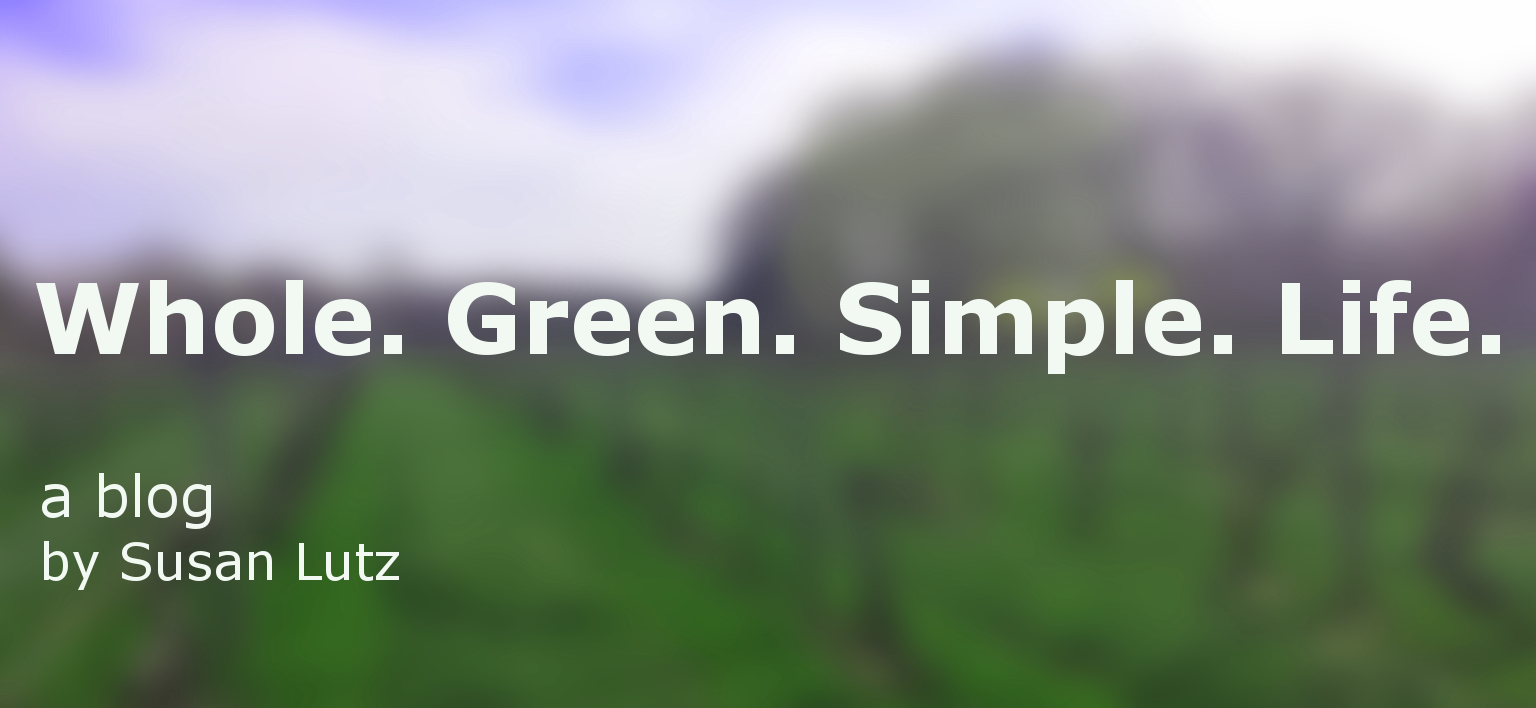

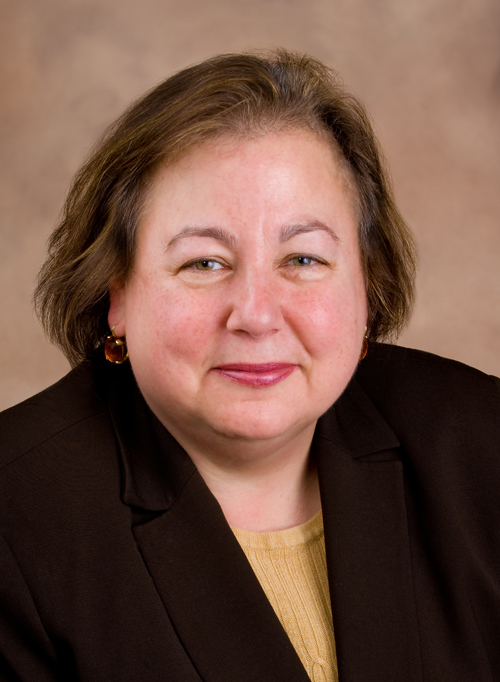 How compassionate is the New York State Compassionate Care Act of 2014 legalizing the use of medical marijuana? My guest this week, New York State Senator Liz Krueger, a lead advocate for legalizing marijuana for both medicinal and also for recreational use, gives us some insight into the pros and cons of the current bill, and why it needs to be enhanced to allow coverage for more diseases. Senator Krueger has also sponsored the Fossil Fuel Divestment Act to limit the investment in oil and gas stocks in NYS pension funds. For more information go to: nysenate.gov/senators/Liz-Kruger or send a tweet @LizKrueger
How compassionate is the New York State Compassionate Care Act of 2014 legalizing the use of medical marijuana? My guest this week, New York State Senator Liz Krueger, a lead advocate for legalizing marijuana for both medicinal and also for recreational use, gives us some insight into the pros and cons of the current bill, and why it needs to be enhanced to allow coverage for more diseases. Senator Krueger has also sponsored the Fossil Fuel Divestment Act to limit the investment in oil and gas stocks in NYS pension funds. For more information go to: nysenate.gov/senators/Liz-Kruger or send a tweet @LizKrueger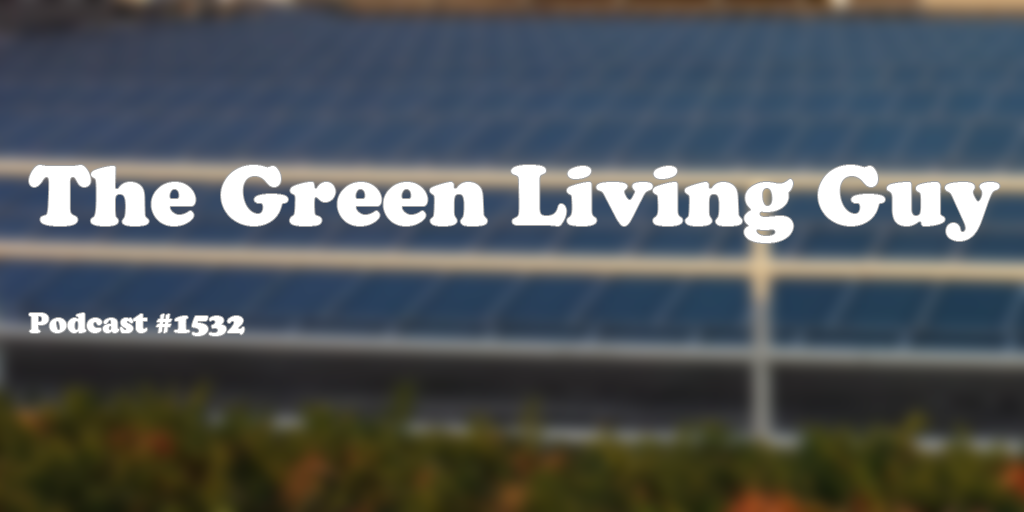
 Do the electric slide into an EV (electric vehicle), and plug into a greener way to travel. My guest this week, Seth Leitman, a/k/a Green Living Guy, brings his expertise on vehicles that are electrifying the roadways. From Ford Fusion to Mitsubishi to Tesla, we learn about how the car industry is heading towards a more electric future. Seth’s Green Guru Guides and soon to be videos, are great tools to help you become a more sustainable Earthling. For more information go to greenlivingguy.com
Do the electric slide into an EV (electric vehicle), and plug into a greener way to travel. My guest this week, Seth Leitman, a/k/a Green Living Guy, brings his expertise on vehicles that are electrifying the roadways. From Ford Fusion to Mitsubishi to Tesla, we learn about how the car industry is heading towards a more electric future. Seth’s Green Guru Guides and soon to be videos, are great tools to help you become a more sustainable Earthling. For more information go to greenlivingguy.com
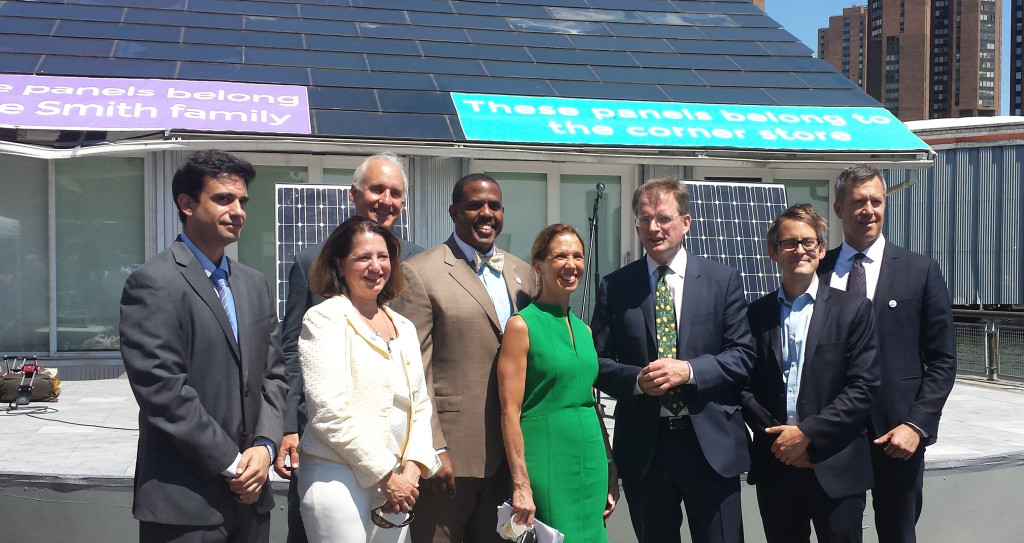 “Here comes the sun, here comes the sun and I say, it’s alright.” – George Harrison
“Here comes the sun, here comes the sun and I say, it’s alright.” – George Harrison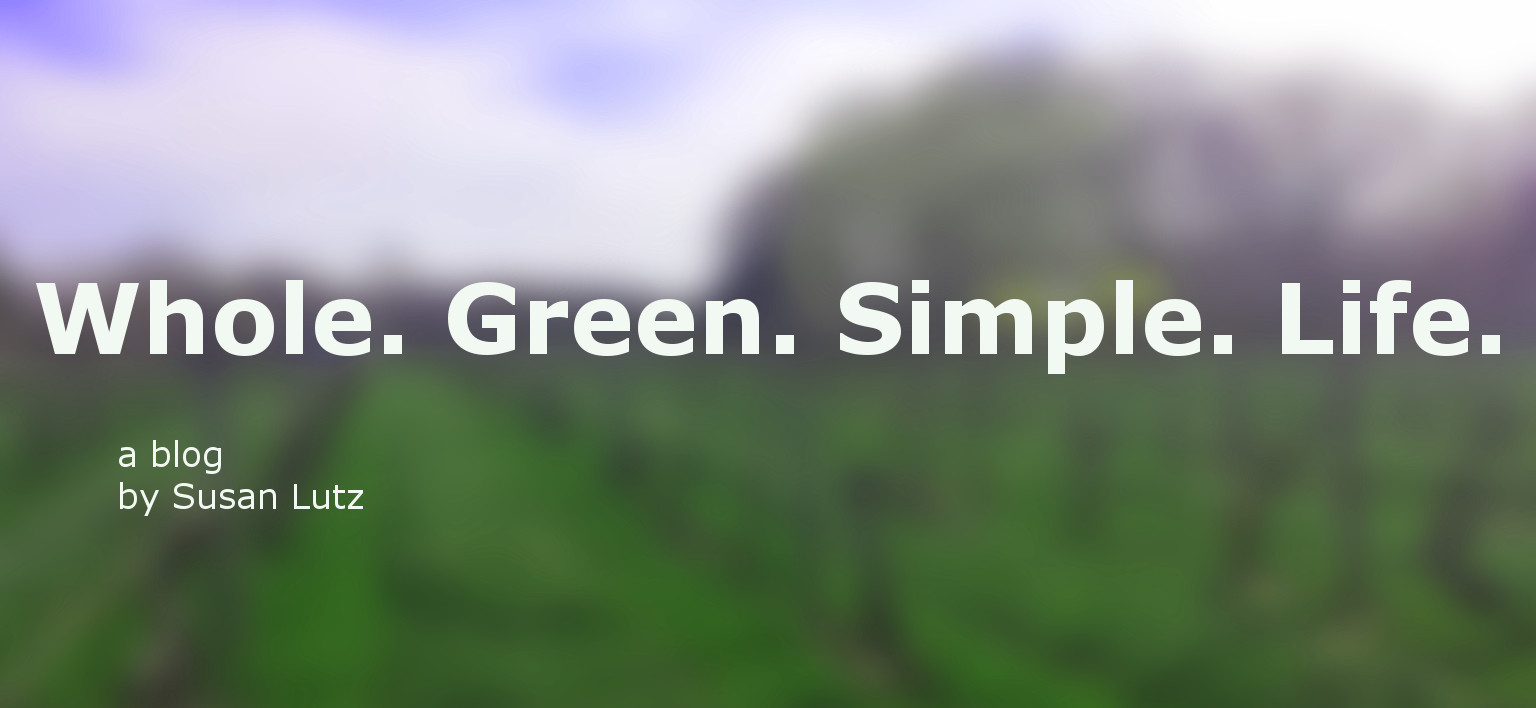
 box-stores are now planted as an option for shopping, for everyone, for everything. What do we need? Do we need so much? The visual of green and pink toilet paper is one I’d never thought of until now. Walmart’s not just going to go away. We’ve helped create it. Yet, it must change. It’s too important. They’ve got the power to do it. We’ve got the power to demand it.
box-stores are now planted as an option for shopping, for everyone, for everything. What do we need? Do we need so much? The visual of green and pink toilet paper is one I’d never thought of until now. Walmart’s not just going to go away. We’ve helped create it. Yet, it must change. It’s too important. They’ve got the power to do it. We’ve got the power to demand it.
